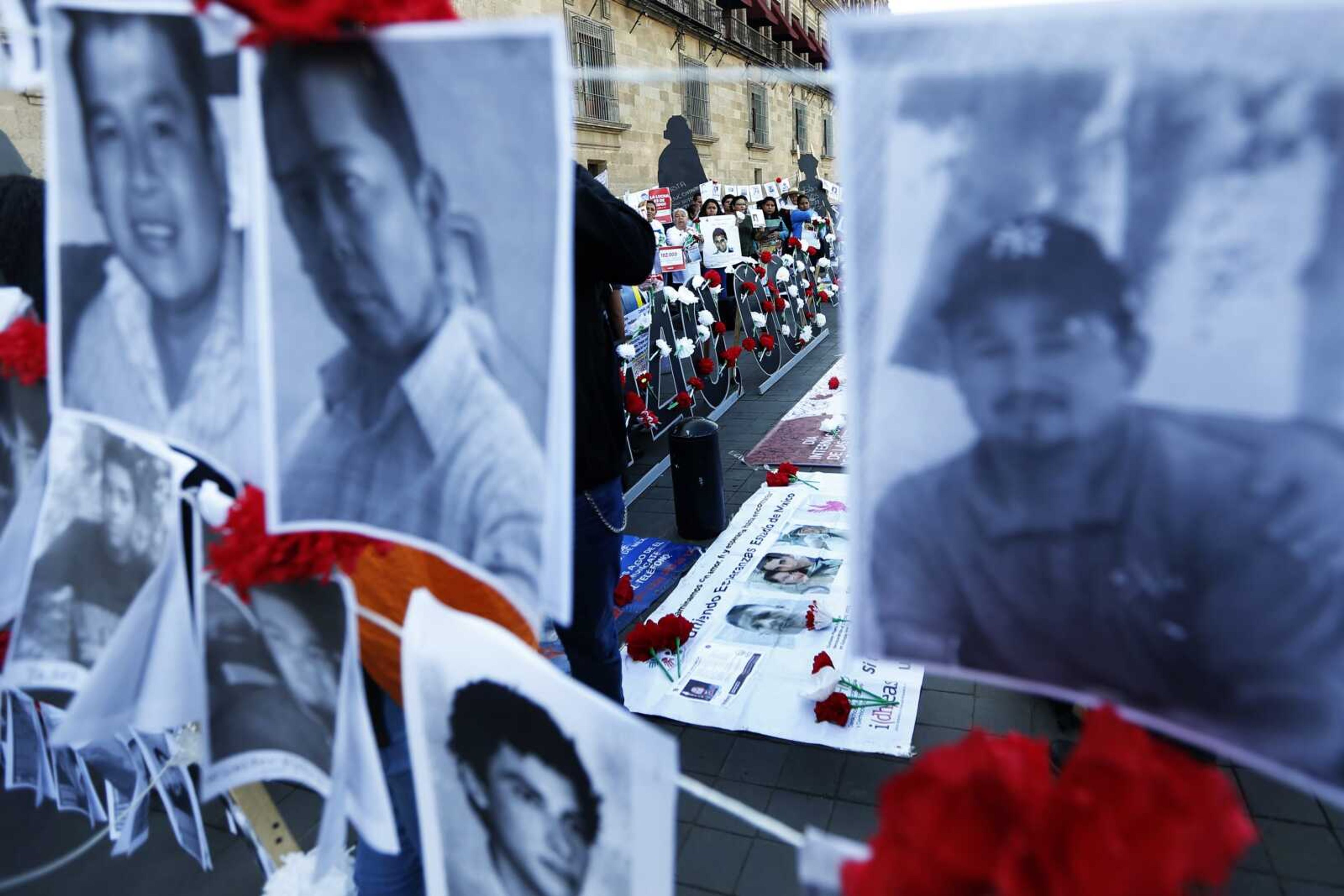COATZACOALCOS, Mexico -- Mexico's drug war appears to be back -- and it may be worse this time around than in the bloody years of the government's 2006-2012 offensive against drug cartels.
Back then, the worst of the violence was confined to a few cities. Now it is spread throughout the country. Once it was not uncommon for gangs to kill adults but leave children unharmed. Now, the killing of children alongside their parents has become frequent.
Perhaps the most disconcerting change: Bloody cartel violence outraged Mexicans and captured international attention for the drug war, which saw 27,000 homicides during its peak in 2011. Today, even though the number of Mexico's homicides soared to near 35,000 last year, the bloodshed seems to draw less attention and indignation. It has all left many Mexicans wondering which way to turn.
That was evident this week in Coatzacoalcos, an oil industry city in the Gulf coast state of Veracruz where residents say gangs have been fighting over turf and extorting business owners with threats of violence. Late Tuesday, suspected members of the Jalisco cartel showed up at the Caballo Blanco nightclub, blocked its exits and set a fire, killing 28 people trapped inside, apparently because the owner had either refused to make extortion payments or sold drugs from another gang.
From 2006 to 2012, much of the drug war killing occurred in a string of northern Mexico cities -- Ciudad Juarez, Tijuana, Culiacan, Reynosa and Nuevo Laredo. But the killings have dispersed now.
But counting down all the similarities the parallels between now and then are all too clear.
Another disturbing trend is young children are being gunned down by killers targeting adults. The Sinaloa and Juarez cartels once prided themselves on their targeted killings, which riddled intended targets with bullets while leaving family members untouched.
Now, children are being killed with chilling frequency. In June, a young boy was killed along with his father in Sonora state.
In July, a 10-year-old was killed during a robbery in Puebla state. In August, gunmen burst into a home in Ciudad Juarez and fired 123 bullets, killing three girls, aged 14, 13 and 4, along with an adult male who apparently was the real target.
Two years ago, Coatzacoalcos made headlines across Mexico when a man, his wife and three young children were gunned down by a drug cartel. In contrast, the shooting of the three Ciudad Juarez girls drew less attention.
"It seems like we are becoming accustomed to this, to people killing children. I don't want to become accustomed to that," said Lenit Enriquez Orozco, an activist in Coatzacoalcos.
Her brother, Jonith Enriquez Orozco, has been missing since he was abducted Sept. 25, 2015. There has been no trace of him since, even though her group, the Mothers' Collective of Searchers, has hunted for traces in clandestine burial grounds across Veracruz.
Hope notes Mexico has a lamentable record in investigating and prosecuting killings -- more than 90 percent of crime go unpunished.
"The risk involved in killing a man, or killing his whole family, is the same," the analyst said. Under that logic, wiping out an entire family "has its advantages. It is more intimidating, it is easier to carry out, and it makes escaping easier."
Connect with the Southeast Missourian Newsroom:
For corrections to this story or other insights for the editor, click here. To submit a letter to the editor, click here. To learn about the Southeast Missourian’s AI Policy, click here.







